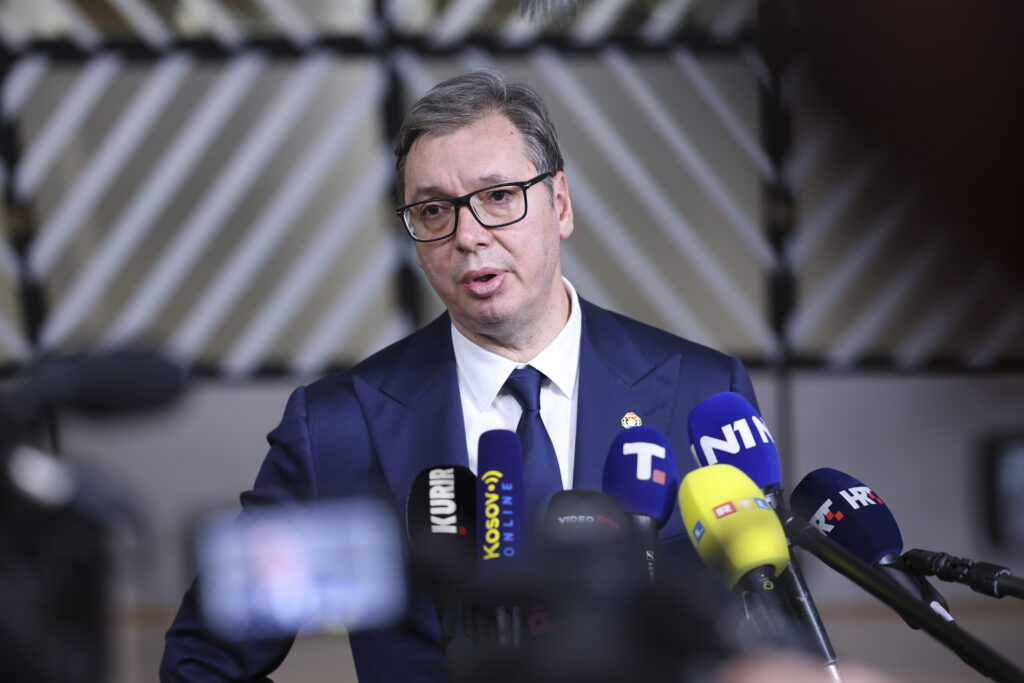
**Title: The Academic Crisis in Serbia: One Year Post the Novi Sad Train Station Incident**
A year has elapsed since the catastrophic collapse of a train station canopy in Novi Sad, which resulted in the loss of 16 lives. This tragedy has fueled a vigorous student-led initiative opposing presumed governmental corruption in Serbia, involving scholars and inciting extensive protests. What started as a pursuit of justice has transformed into a wider appeal for political reform amid assertions of escalating repression and limitations on academic liberty and democratic principles.
### Escalating Discontent and Limitations on Academia
The protests have transformed into a substantial movement critiquing the Serbian administration’s management of educational and research entities. In March, a controversial regulation restricted academics to a mere five hours of research weekly, provoking criticism from both educators and students. Sofija Stefanović, a physical anthropologist at the University of Belgrade, underscores the worsening circumstances, noting that students are subjected to severe consequences such as expulsions, arrests, and violence.
### European Parliament Reaction
The European Parliament has issued a resolution denouncing Serbia’s measures against individuals in education and cultural sectors who back the protests. This includes job terminations, salary cuts, increased police presence in universities, and withdrawal of financial support for public educational institutions.
### Financial Struggles for Research Entities
The financial health of research organizations is in peril, with reports indicating delays in payments for critical materials and services. Vladan Čokić, a molecular oncologist, voices concerns regarding government strategies to centralize funding control, which could erode faculties’ independence and directly affect salaries, which are already among the lowest in the region.
### Research Delays and Political Appointments
Researchers like Neven Isailović express frustration over the stagnation of domestic science funding, marked by a scarcity of project calls and grants. This stagnation raises worries that research funding may be redirected to support government loyalty rather than merit-based outcomes. This anxiety is intensified by the reappointment of directors at scientific institutes, allegedly intended to promote government ideologies. Srđan Atanasovski, representing the Trade Union of Science Serbia, has denounced these indiscriminate dismissals and appointments, which jeopardize the stability of research organizations.
### External Influence and Optimism for Reform
The EU’s engagement provides a beacon of hope, reflecting an increasing recognition of the predicament in Serbia. Milka Sokolović, a biomedical scientist, proposes that EU sanctions aimed at individuals involved in corruption may encourage reforms. Nonetheless, a measured strategy is essential to prevent exacerbating the already strained academic atmosphere.
As Serbia navigates this critical juncture, the international community’s involvement appears crucial in safeguarding academic freedom and nurturing its research sector during these challenging times. Chemistry World is presently awaiting feedback from the Serbian government concerning these urgent matters.